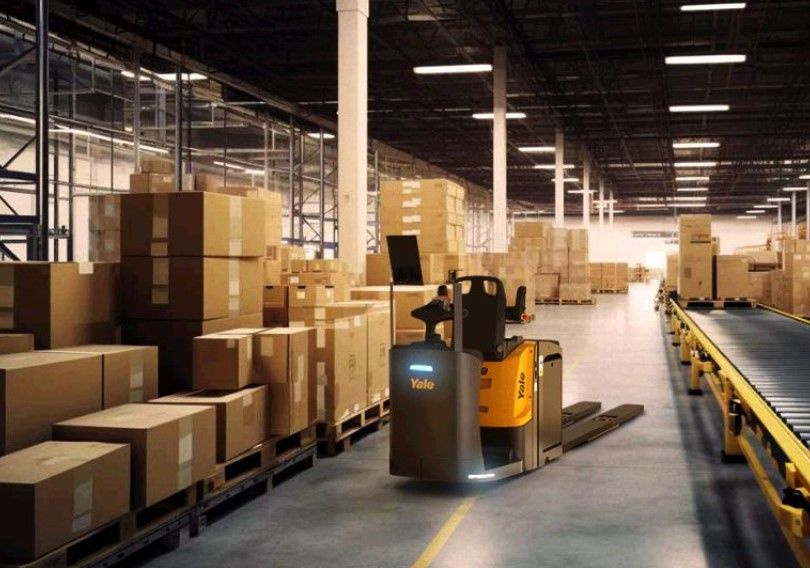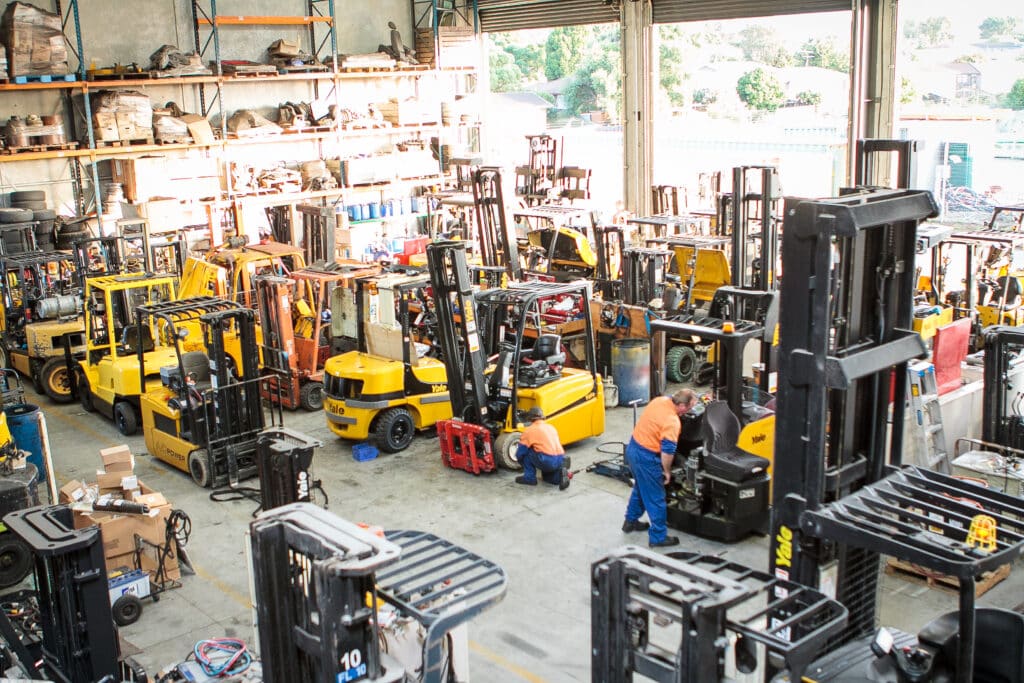Why Consider Electric Forklifts?
Switching from internal combustion (IC) to electric forklifts is increasingly popular. While IC forklifts have served the industry for over a century, electric models offer significant energy and environmental benefits. However, there are situations where IC forklifts might still be preferable. Here’s a look at the key factors to consider when making the switch.
Cost of Power
Electric forklifts can be up to 75% cheaper to operate compared to their fossil fuel counterparts. This significant cost reduction is a major incentive for switching.
Location Matters
Electric forklifts are ideal for indoor environments like warehouses and distribution centres due to their lower emissions and reduced maintenance needs. Outdoors, where emissions are less of a concern, IC forklifts might still be used. However, advancements in electric forklifts make them suitable for outdoor use as well, with Li-ion batteries performing well in extreme temperatures.
Torque and Performance
For heavy-duty tasks such as in ports, construction, and agriculture, IC forklifts have traditionally provided the necessary torque. But improvements in Li-ion battery technology are making electric forklifts competitive in these areas too.
Charging vs. Refueling
Switching to electric forklifts requires a designated area for charging stations, especially for lead-acid batteries. Li-ion batteries, while more efficient and space-saving, require adequate electrical capacity and outlets for high-intensity charging. IC forklifts are simpler in this regard, needing only refueling stations.
Operation and Maintenance Costs
Electric forklifts have fewer moving parts and generate less heat, leading to lower maintenance costs. They eliminate the need for many traditional engine repairs and maintenance tasks associated with IC forklifts. Li-ion batteries also have a longer lifespan and come with extended warranties.
Training and Safety
OSHA mandates proper training for all forklift operators. Electric forklifts, particularly those with lead-acid batteries, require specialized knowledge for safe handling and charging. Li-ion and AGM batteries simplify this, but operators should still be trained on fast and opportunity charging to maximize efficiency.
Environmental and Ergonomic Benefits
Electric forklifts are quieter, vibrate less, and produce no toxic emissions, offering a safer and more comfortable working environment. While there are concerns with handling heavy batteries and potential acid spills from lead-acid batteries, AGM and Li-ion batteries eliminate these issues.
Cost and Timing
Converting your fleet depends on your current forklift acquisition method. If owned, consider phasing out older IC forklifts first. If leased, plan to switch as leases expire, or negotiate early terminations. While electric forklifts have higher upfront costs, their longer lifespan and lower operating costs make them a cost-effective choice in the long run.
Ready to Make the Switch?
Contact us to discuss your needs and discover how we can help you transition smoothly to electric forklifts. Our expert team is here to support you every step of the way.
OUR PRODUCTS
CONNECT WITH US
CUSTOMER SERVICE
CONTACT US
Head Office: 09 268 4610
10 Marphona Crescent, Takanini,
Auckland 2105
PO Box 97156, Manukau City,
Auckland 2241
Te Puke Branch (07) 281 1870
6 Te Puke Quarry Road, Te Puke 3183
Open Mon-Fri 8am-6pm
Weekends & other times by appointment
SIGN UP TO OUR REGULAR EMAIL
Be first to know about our New & Used vehicles, our material handling solutions, and promotions.
© Copyright 2026 SG EQUIPMENT All Rights Reserved.



